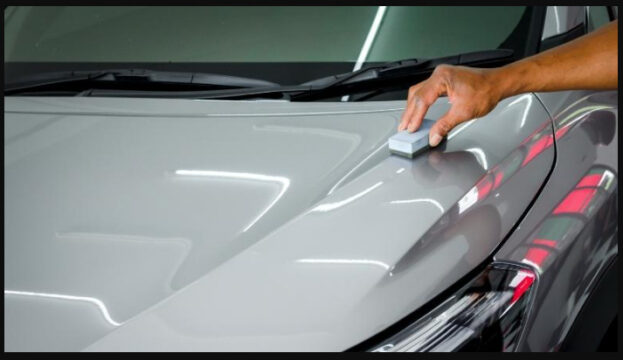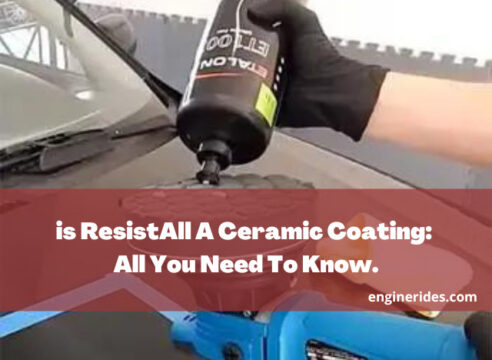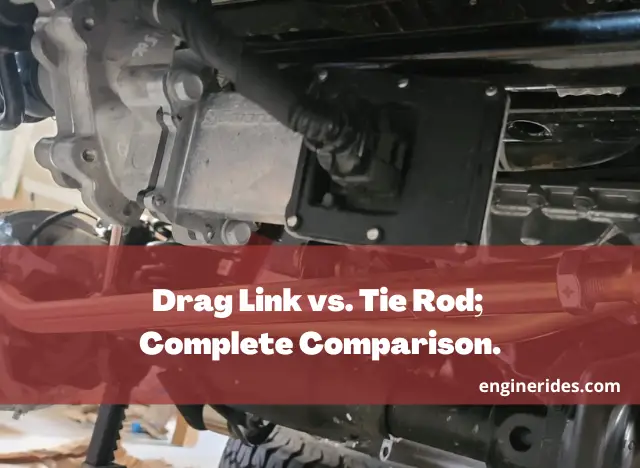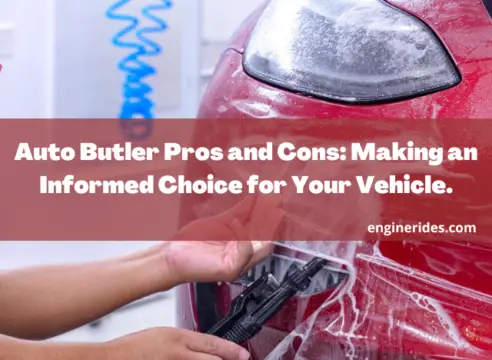is ResistAll A Ceramic Coating: All You Need To Know
Wondering about the differences between ResistAll and ceramic coatings? In the realm of vehicle protection, these two options stand out. While ResistAll incorporates ceramic elements, it’s not a true ceramic coating.
This blog post delves into the distinctions, shedding light on their cost, application methods, protection levels, and more. Whether you’re seeking professional-grade safeguarding or a budget-friendly DIY approach, understanding the disparities between ResistAll and ceramic coatings is essential.
Table of Contents
What is ResistAll protective coating?

ResistAll is a brand of protective coatings designed for vehicles like cars. While not a genuine ceramic coating, it does contain certain ceramic components. Applied as a spray-on treatment, it forms a tough, defensive layer on a vehicle’s exterior, guarding against scratches, UV rays, and environmental factors.
Its water-repellent properties also help deter water spots and stains. Notably, it presents a more affordable alternative compared to true ceramic coatings, which demand professional application and offer heightened protection and longevity.
ResistAll suits budget-conscious individuals and those inclined toward DIY applications. However, for maximum paint protection, genuine ceramic coatings remain superior. It’s vital to weigh factors like cost, application ease, and desired safeguarding level when considering ResistAll for your vehicle.
Replace Sky Slider With Glass; All You Need To Know
enginerides.com
Is ResistAll worth it?
Whether ResistAll is worth it depends on your priorities. It’s a more budget-friendly option for protecting your vehicle’s paint compared to true ceramic coatings.
If you’re comfortable with a DIY application and are looking for a basic level of protection against scratches, UV rays, and water spots, ResistAll could be a suitable choice. However, if you prioritize long-lasting, professional-grade protection and are willing to invest more, a true ceramic coating might provide higher durability and enhanced safeguarding for your vehicle’s paint over the long term. Consider your budget, desired level of protection, and willingness to DIY when making your decision.
What are the benefits of using ResistAll?
ResistAll offers several benefits for vehicle owners:
Affordability: It’s a more budget-friendly option compared to true ceramic coatings, making it accessible to a wider range of vehicle owners.
DIY Application: ResistAll can be applied by individuals themselves, eliminating the need for professional installation and associated costs.
Basic Protection: It provides a basic level of protection against scratches, UV rays, and environmental contaminants, helping to maintain the vehicle’s appearance.
Water Repellency: ResistAll’s water-repellent properties prevent water spots and make it easier to clean the vehicle.
Enhanced Shine: The protective layer can enhance the vehicle’s shine and appearance.
Quick Application: Applying ResistAll is generally quicker than the more complex application process required for true ceramic coatings.
Added Layer of Defense: While not as durable as ceramic coatings, ResistAll still adds an extra layer of defense to the vehicle’s exterior.
Customizable Packages: ResistAll often comes in different packages with varying levels of protection and benefits, allowing customers to choose according to their needs.
It’s important to note that while ResistAll has its advantages, it might not offer the same level of long-term protection and durability as genuine ceramic coatings. The decision to use ResistAll should be based on your priorities, budget, and how much protection you desire for your vehicle’s paint.
What is ceramic coating?

Ceramic coating, often called nano-ceramic or simply ceramic paint coating, is a liquid polymer applied to a vehicle’s exterior surfaces. It chemically bonds with the factory paint, creating a protective layer that is much harder than the vehicle’s clear coat. True ceramic coatings are composed of nanoparticles, including silica and titanium dioxide, which offer enhanced durability and performance.
Ceramic coatings provide several benefits:
- Protection: The coating forms a strong barrier against environmental contaminants, UV rays, dirt, bird droppings, tree sap, and other elements that can damage the vehicle’s paint.
- Durability: Ceramic coatings are highly resistant to scratches and swirl marks, maintaining the paint’s appearance for an extended period.
- Hydrophobic Properties: The coating creates a hydrophobic effect, causing water and liquids to bead up and roll off the surface. This property helps prevent water spots and makes the vehicle easier to clean.
- Enhanced Gloss: Ceramic coatings often provide a deep, reflective shine that enhances the vehicle’s appearance.
- Longevity: Properly applied and maintained, a ceramic coating can last several years, reducing the need for frequent waxing or polishing.
It’s important to note that true ceramic coatings usually require professional application due to their complex nature and the necessary surface preparation. While there are products with “ceramic” in their names, like ResistAll, that incorporate some ceramic elements, they might not offer the same level of protection and durability as genuine ceramic coatings.
Is resistall a ceramic coating?
ResistAll is not a true ceramic coating; it’s a brand of protective coatings for vehicles. While it contains some ceramic ingredients, it’s distinct from authentic ceramic coatings. Applied via spray-on method, ResistAll forms a hard layer on the vehicle’s exterior, guarding against scratches, UV rays, and environmental factors.
While it offers water-repellent properties, it’s generally less durable and provides lower protection compared to true ceramic coatings. ResistAll is a more affordable option and suitable for DIY application, while genuine ceramic coatings demand professional installation and deliver superior longevity and safeguarding.
Toyota Camry Traction Control Light Stays On; Cuases, Diagnosing and Fixing
enginerides.com
What are the differences between ResistAll and Pure Ceramic Coating?
Here’s a comparison table followed by a description of the differences between ResistAll and a true Pure Ceramic Coating:
| Feature | ResistAll | Pure Ceramic Coating |
|---|---|---|
| Composition | Contains some ceramics | Composed of nanoparticles like silica and titanium dioxide |
| Application | Can be DIY or professional | Requires professional application |
| Protection Level | Moderate | High |
| Durability | Moderate | Very High |
| Water Repellency | Yes | Yes |
| UV Protection | Yes | Yes |
| Price | Affordable | Expensive |
ResistAll: ResistAll is a brand of protective coatings for vehicles. While it incorporates ceramic ingredients, it’s not considered a true ceramic coating. It can be applied by DIYers or professionals, creating a protective layer on the vehicle’s exterior.
It offers moderate protection against scratches, UV rays, and environmental factors. ResistAll is more affordable than pure ceramic coatings, making it a budget-friendly option. It provides water-repellent properties and offers an additional layer of defense for your vehicle’s paint.
Pure Ceramic Coating: A pure ceramic coating is a premium protective solution for vehicles. Composed of silica and titanium dioxide nanoparticles, it chemically bonds with the vehicle’s paint, creating an incredibly hard and durable layer.
Pure ceramic coatings provide high-level protection against scratches, UV rays, and contaminants. They offer exceptional durability and water-repellent properties, reducing the need for frequent washing and maintenance. However, they require professional application due to their complexity and require a higher investment.







